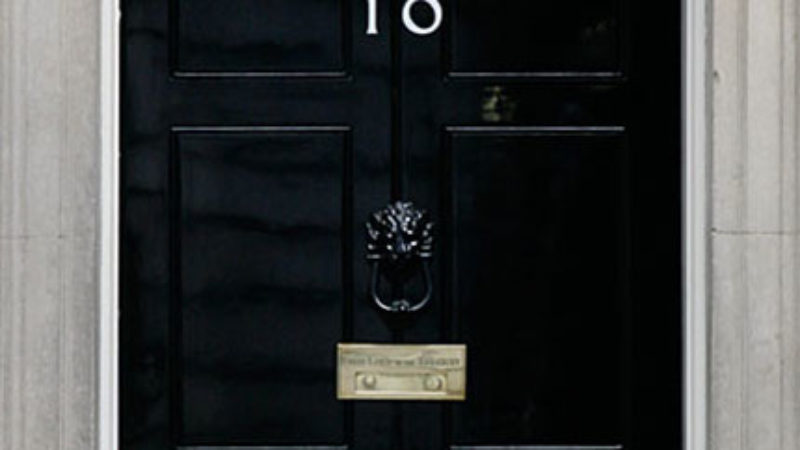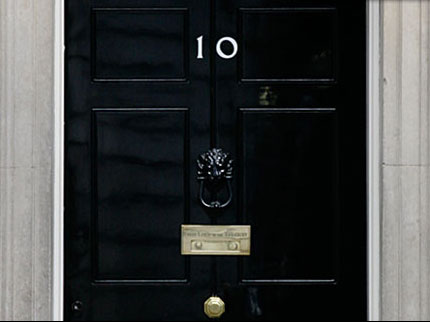

The next election looks to be one of the most difficult to predict in a generation, with both Labour and the Tories struggling to reach the kind of voteshares that would normally deliver them a majority. Meanwhile, what effect the collapse of Lib Dem support will mean on a seat-by-seat basis is largely unknown – as is the rise in support for UKIP, SNP and the Greens. Do any of them really have enough concentrated support to alter the make-up of Parliament all that much? And was does it all mean for Labour’s prospects?
LabourList readers think we’re headed for a hung Parliament – and they have all year. When we asked in January what the result of the election would be, 42% said Labour would be the largest party in a hung Parliament and 40% predicted a Labour majority.
This result has barely shifted as the months have gone by. We asked the same question with the same answer selection again in May, only days after the local and European elections. People were a little more pessimistic then: 50% predicted Labour as the largest party, and 30% said we would win a majority. With a combined 80%, this was barely a shift from the number of people who said we’d beat the Tories in January.
Last month, we asked the question again, but with the questions slightly altered: this time the options of ‘Labour largest party’ and ‘Conservatives largest party’ were replaced with a vaguer option that neither would get a majority. 46% opted for this option, while 43% went for a Labour majority – the most optimistic LabourList readers have been all year.
There is a clear trend here though; readers are still fairly optimistic about Ed Miliband’s chances to end up in Downing Street next May, even if it is without a majority.
What is stopping Labour from achieving an overall majority?
Well, UKIP is a problem. Back in August, 47% of readers said that UKIP were taking Labour votes. This survey was taken after rumours circulated of Labour strategists advocating a “9% UKIP” plan for May – with 9% believed to be the point where they cause maximum damage to the Tory vote, with minimum damage to the Labour vote. However, with the anti-EU party consistently polling well above this, the chances of them eating away at Labour’s support is even higher.
However, readers do not want to shift on immigration in an attempt to win these votes back. A survey soon after the European elections showed that 64% of readers still support the free movement of labour within the EU. 17% said they would like to see the end of free movement altogether, while 14% supported restricting immigration from some EU countries.
More recently, concerns have been raised about the Green Party joining UKIP in harming the Labour vote, and Labour now have specialised election taskforces set up to deal with the threat of both. To LabourList readers though, it is clear that Nigel Farage poses a greater danger than Natalie Bennett: 78% think UKIP will do more damage to Labour, while only 12% think the Green Party are a bigger worry.
Meanwhile, in Scotland, our readers believe we could lose half of our seats – a plurality expect Scottish Labour only to return between 21 and 30 seats to Westminster in May.
If Labour were to enter into coalition talks with the Lib Dems next May, then securing extra funding for the NHS must take priority, according to 35% of LabourList readers in October. The next most popular demands were repealing the Bedroom Tax, with 21%, and getting rid of Nick Clegg, with 20%.
But are our readers trustworthy when it comes to predictions? Well, after calling the outcomes of the Scottish referendum, the Scottish Labour leadership contest, the Heywood & Middleton and Clacton by-elections, and the local and European elections correctly, they might well be.




More from LabourList
‘Council Tax shouldn’t punish those who have the least or those we owe the most’
Two-thirds of Labour members say government has made too many policy U-turns, poll reveals
‘Two states, one future: five steps on the path to peace for Israelis and Palestinians’